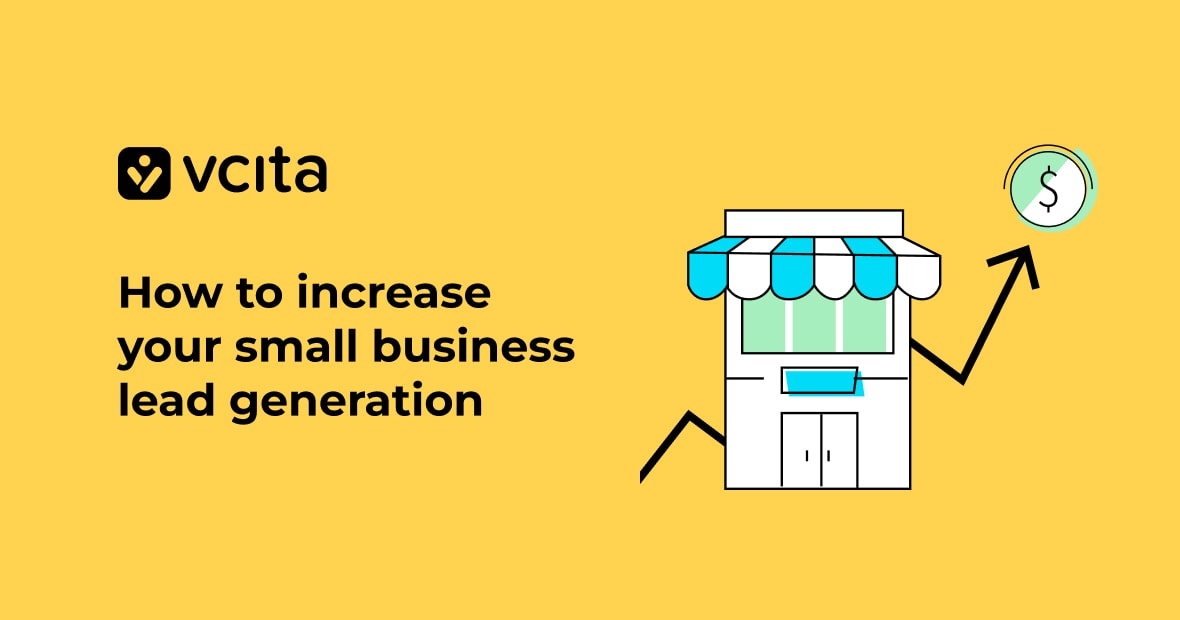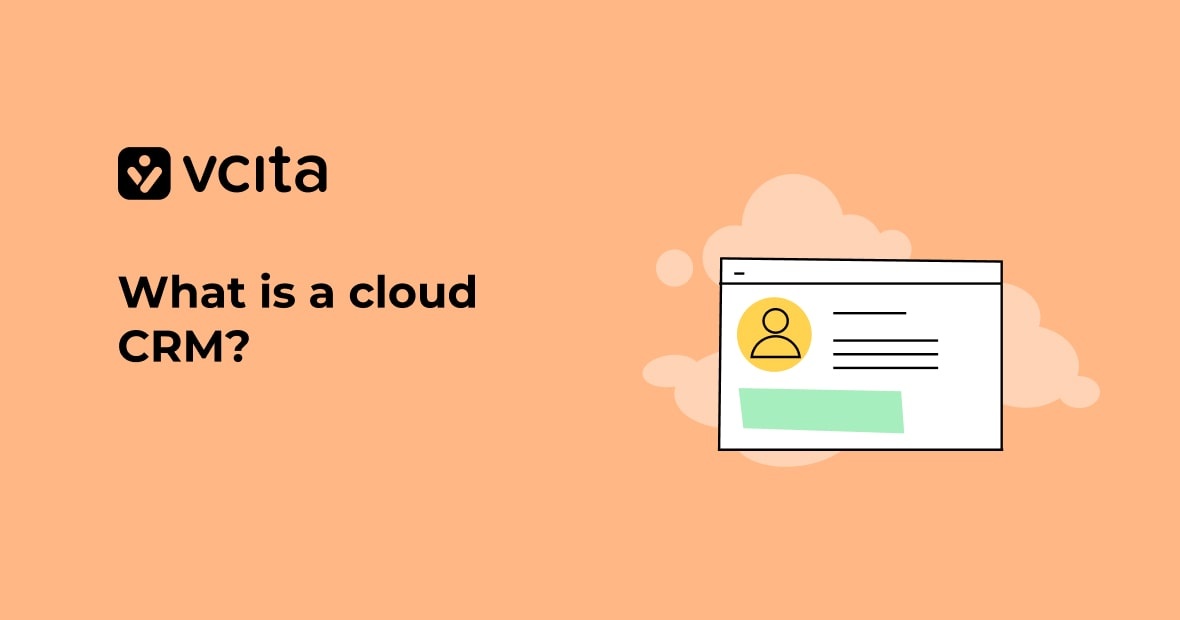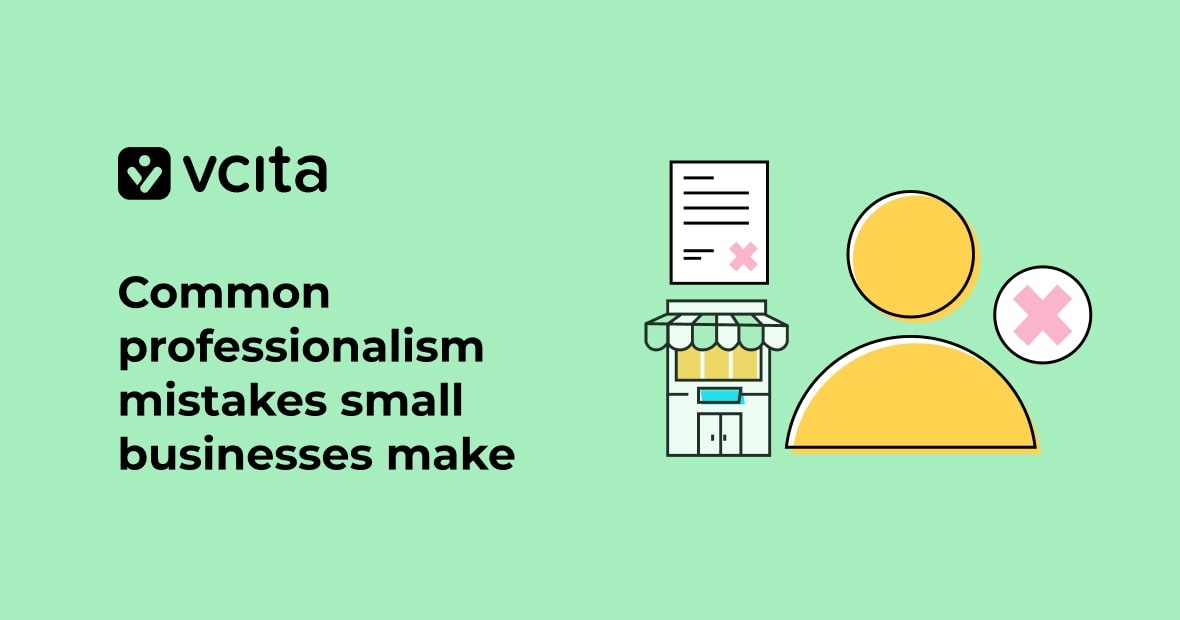Let’s talk about lead generation – the secret sauce to growing your biz. You’ve got awesome products or services, but how do you get more eyeballs on them? That’s where smart lead generation strategies come in.
From crafting killer blog posts to nailing your social media game, we’ll explore proven techniques to attract and nurture leads. Whether you’re a digital marketing newbie or looking to level up your email marketing skills, this guide’s got you covered with tips to turn those potential leads into loyal customers and keep your sales team smiling.
What is small business lead generation?
Small business lead generation is the process of attracting and capturing potential customers for your products or services. It’s a crucial aspect of growing your customer base and ultimately, your business. But what exactly does it entail?
The basics of lead generation
At its core, lead generation is the process of identifying and cultivating potential customers who have shown interest in your product or service. These individuals, known as leads, are people who have demonstrated some level of curiosity about what you offer. They might have visited your website, signed up for a newsletter, or engaged with your social media posts.
The lead generation funnel
Think of lead generation as a funnel. At the top, you have a wide pool of potential leads. As you move down the funnel, these leads are qualified and nurtured, eventually becoming customers. This process typically involves several stages:
- Marketing Qualified Leads (MQL): These are leads who’ve shown initial interest but may not be ready to buy yet.
- Sales Qualified Leads (SQL): These leads have been vetted by your marketing team and are deemed ready for the sales process.
- Opportunities: These are SQLs that your sales team is actively working to convert.
- Customers: The ultimate goal – leads who have made a purchase.
Why lead generation matters
For small businesses, effective lead generation can be a game-changer. It helps you:
- Build a targeted audience that’s interested in your offerings
- Increase brand awareness and visibility
- Improve lead conversion rates and ROI on marketing efforts
- Create a steady pipeline of potential customers
- Establish long-term relationships with loyal customers
By implementing smart small business lead generation strategies, you’re not just collecting email addresses – you’re laying the groundwork for sustainable growth. Whether through digital marketing, content creation, or networking, lead generation is your ticket to connecting with your target audience and turning their interest into tangible business results.
Develop a lead generation strategy
To effectively grow your customer base, you need a well-crafted lead generation strategy that aligns with your business goals and target audience. Here’s how to develop a robust lead generation plan:
Define your ideal customer
Start by creating detailed buyer personas. Understanding your target audience’s demographics, pain points, and preferences will help you tailor your lead generation efforts. This knowledge is crucial for crafting messages that resonate with potential leads and spark interest in your products or services.
Choose the right channels
Identify where your ideal customers spend their time online. Is it social media platforms, industry forums, or specific websites? Focus your efforts on these channels to maximize your reach. For example, if your target audience is active on LinkedIn, invest in creating valuable content and engaging with potential leads there.
Write attractive content
Develop high-quality, informative content that addresses your audience’s needs and challenges. This could include blog posts, whitepapers, case studies, or video tutorials. By providing value upfront, you’ll establish trust and position your business as an industry authority.
Implement lead capture mechanisms
Set up effective lead capture tools on your website and landing pages. Use clear calls-to-action (CTAs) and offer something of value in exchange for the lead’s contact information, such as an email address. This could be a free e-book, webinar, or product demo.
Nurture leads with email marketing
Once you’ve captured leads, use email marketing to nurture them through the sales process. Create a series of targeted, personalized emails that provide additional value and gradually move leads closer to a purchase decision.
Measure and optimize
Regularly analyze your lead generation efforts using tools like Google Analytics. Track key metrics such as conversion rates, cost per lead, and lead quality (MQL vs. SQL). Use these insights to refine your strategy and improve your ROI over the long term.
Identify and research your target audience
Effective small business lead generation starts with knowing who you’re trying to reach. Understanding your target audience is crucial for attracting potential leads and converting them into loyal customers. Here’s how to get started:
Create an Ideal Customer Profile (ICP)
Begin by creating a detailed profile of your ideal customer. Consider factors like:
- Demographics (age, gender, location, income)
- Psychographics (interests, values, lifestyle)
- Pain points and challenges they face
- Goals and aspirations
This information will help you tailor your products or services and marketing messages to resonate with your target audience.
Conduct market research
Dive deep into your market to gather valuable insights:
- Analyze your existing customer base
- Survey potential customers
- Study your competitors and their audience
- Use social media listening tools to understand conversations in your industry
This research will help you identify trends, preferences, and opportunities in your market.
Leverage digital marketing tools
Utilize digital marketing tools to gather data and refine your understanding of your target audience, such as:
- Google Analytics to analyze website traffic and user behavior
- Social media insights to gain demographic information and engagement metrics
- Email marketing platforms to track open rates and click-through rates
These tools can provide valuable information about your audience’s interests and behaviors, helping you optimize your lead generation strategies.
By thoroughly identifying and researching your target audience, you’ll be better equipped to create compelling content, design effective landing pages, and craft persuasive email campaigns. This foundational step in the small business lead generation process will set you up for success in attracting and nurturing leads throughout your sales funnel.
Create compelling content to attract leads
In the world of small business lead generation, content is king. By crafting engaging and valuable content, you can attract potential leads and nurture their interest in your products or services. Let’s explore some effective strategies to create content that converts.
Blog posts: your lead generation powerhouse
A well-crafted blog post can be a powerful tool in your lead generation arsenal. Focus on addressing your target audience’s pain points and offering practical solutions. For example, if you’re a financial advisor, you might write a blog post titled “5 Money-Saving Tips for Small Business Owners.” By providing valuable insights, you’ll position yourself as an expert and encourage readers to explore your offerings further.
Remember to optimize your blog posts for search engines by incorporating relevant keywords like “small business lead generation” naturally throughout the text. This will help improve your visibility and attract more potential leads to your website.
Leverage social media posts for lead capture
Social media platforms offer excellent opportunities for lead generation. Create eye-catching posts that highlight your expertise and provide value to your followers. For instance, share quick tips, industry insights, or behind-the-scenes glimpses of your business.
To turn social media engagement into leads, include clear calls-to-action (CTAs) in your posts. Encourage followers to visit your landing page, sign up for your newsletter, or download a free resource in exchange for their email address. This approach helps you capture leads and build your email list for future marketing efforts.
Email marketing: engage with leads for the long term
Once you’ve captured leads through your content efforts, it’s crucial to nurture them through email marketing. Create a series of informative emails that guide your leads through the sales process from MQL (Marketing Qualified Lead) to SQL (Sales Qualified Lead).
Personalize your emails based on the recipient’s interests and behaviors. For example, if a lead downloaded a guide about social media marketing, follow up with related tips or case studies. This tailored approach demonstrates your understanding of their needs and increases the likelihood of converting leads into loyal customers.
By consistently creating compelling content across various channels, you’ll attract and nurture leads, ultimately growing your customer base and driving your small business’s success.
Promote your content on social media
In today’s digital age, social media platforms are powerful tools for small business lead generation. By effectively promoting your content on these channels, you can attract potential leads and nurture them into loyal customers. Here’s how to make the most of social media for lead generation:
Create shareable content
Start by crafting engaging social media posts that resonate with your target audience. Share valuable insights, tips, and industry news related to your products or services. Remember, the goal is to raise interest in your product or service, and encourage followers to learn more about your business.
For example, if you’ve just published a blog post about small business lead generation strategies, create a series of social media posts highlighting key takeaways. This not only promotes your content but also positions your brand as an authority in the field.
Take advantage of platform-specific features
Each social media platform offers unique features that can boost your lead generation efforts. For example, on LinkedIn you can use sponsored content to reach decision-makers in your industry. On Instagram, utilize Stories and Reels to showcase your products or services in action. Facebook’s lead generation ads can help you capture email addresses directly within the platform.
Engage and respond
Social media is a two-way street. Actively engage with your followers by responding to comments, answering questions, and participating in relevant conversations. This builds trust and increases the likelihood of converting leads into customers.
Remember, lead generation is the process of attracting and nurturing potential customers. By consistently providing value through your social media presence, you’re laying the groundwork for long-term relationships with your audience.
Pro tip: Use lead generation tools to track the performance of your social media efforts. This data will help you refine your strategy and focus on the platforms and content types that yield the best results for your small business.
Use email marketing to nurture leads
Email marketing remains one of the most effective small business lead generation strategies. It’s a powerful tool for nurturing leads and guiding them through your sales process. Here’s how to make the most of this versatile channel:
Build a quality email list
Start by creating opportunities for lead capture. Place sign-up forms on your website, blog posts, and landing pages. Offer something of value in exchange for an email address, such as a free ebook or exclusive discount. Remember, quality trumps quantity when it comes to building your list.
Segment your audience
Not all leads are created equal. Divide your email list into segments based on factors like demographics, behavior, or where they are in the buyer’s journey. This allows you to send more targeted, relevant content that resonates with each group.
Write appealing content
Your emails should provide value to your readers. Share helpful tips, industry insights, or exclusive offers that showcase your expertise and products or services. Use a mix of educational content and promotional messages to keep your audience engaged and nurture leads over the long term.
Automate your campaigns
Set up automated email sequences to guide leads through your sales funnel. Start with a welcome series for new subscribers, then move on to more targeted campaigns based on their interactions with your emails. This helps convert MQLs into SQLs more efficiently.
Monitor and adjust
Keep a close eye on your email marketing metrics. Track open rates, click-through rates, and conversion rates to understand what’s working and what isn’t. Use this data to continuously refine your approach and improve lead conversion over time.
By leveraging email marketing effectively, you can nurture relationships with potential leads, showcase your expertise, and ultimately grow your customer base.
Optimize your website for lead capture
Your website is often the first point of contact between your business and potential customers. To maximize small business lead generation, it’s crucial to optimize your site for lead capture. Here’s how.
Draft engaging landing pages
Design dedicated landing pages for specific products or services. These pages should have a clear value proposition and a strong CTA that encourages visitors to share their email address. Remember, a well-crafted landing page can significantly boost your lead conversion rates.
Implement smart lead capture forms
Strategically place lead capture forms throughout your website. Keep them short and sweet – asking for too much information can deter potential leads. Consider using multi-step forms or progressive profiling to gather more data over time without overwhelming visitors.
Offer valuable content
Create high-quality, informative content that addresses your target audience’s pain points. This could be in the form of blog posts, ebooks, or whitepapers. By offering this content in exchange for contact information, you’re not just capturing leads – you’re also establishing your expertise and building trust.
Utilize pop-ups and exit-intent technology
While pop-ups can be controversial, when used wisely, they can be effective lead generation tools. Consider using exit-intent pop-ups that appear when a visitor is about to leave your site. Offer a compelling reason for them to stay connected, such as a special discount or exclusive content.
Optimize for mobile
With more people browsing on mobile devices, ensuring your website is mobile-responsive is crucial. A seamless mobile experience can significantly impact your lead generation efforts, making it easier for potential customers to engage with your content and submit their information on the go.
Evaluate and improve your lead generation process
Effective small business lead generation is an ongoing process that requires constant evaluation and refinement. To maximize your efforts and boost your conversion rates, it’s crucial to regularly assess and optimize your lead generation strategies.
Track and analyze key metrics
Start by identifying the most important metrics for your business. These might include the number of MQLs (Marketing Qualified Leads) and SQLs (Sales Qualified Leads) generated, lead conversion rates, and the cost per lead. Use tools like Google Analytics or your CRM system to track these metrics consistently.
Reassess your lead capture methods
Take a close look at your lead capture forms and landing pages. Are they user-friendly and optimized for conversions? Consider A/B testing different form layouts, call-to-action buttons, and page designs to see what resonates best with your target audience.
Refine your lead nurturing process
Examine your email marketing campaigns and other nurturing tactics. Are you providing value to your leads at each stage of the sales process? Tailor your content to address specific pain points and showcase how your products or services can solve their problems.
Align sales and marketing teams
Ensure your sales team and marketing department are working in sync. Regular meetings to discuss lead quality, feedback from sales calls, and insights from social media posts can help refine your small business lead generation strategies and improve overall performance.
Leverage customer feedback
Don’t forget to tap into your existing customer base. Conduct surveys or interviews with your loyal customers to understand what attracted them to your business in the first place. Use these insights to fine-tune your lead generation efforts and attract more high-quality potential leads in the long term.
Keep those leads rolling in
By implementing these small business lead generation strategies, you’ll be well on your way to attracting more qualified leads and growing your customer base. Remember, it’s all about connecting with your target audience and sparking genuine interest in your products or services. With consistent effort and a dash of creativity, you’ll be converting leads and building a loyal customer base in no time.




























